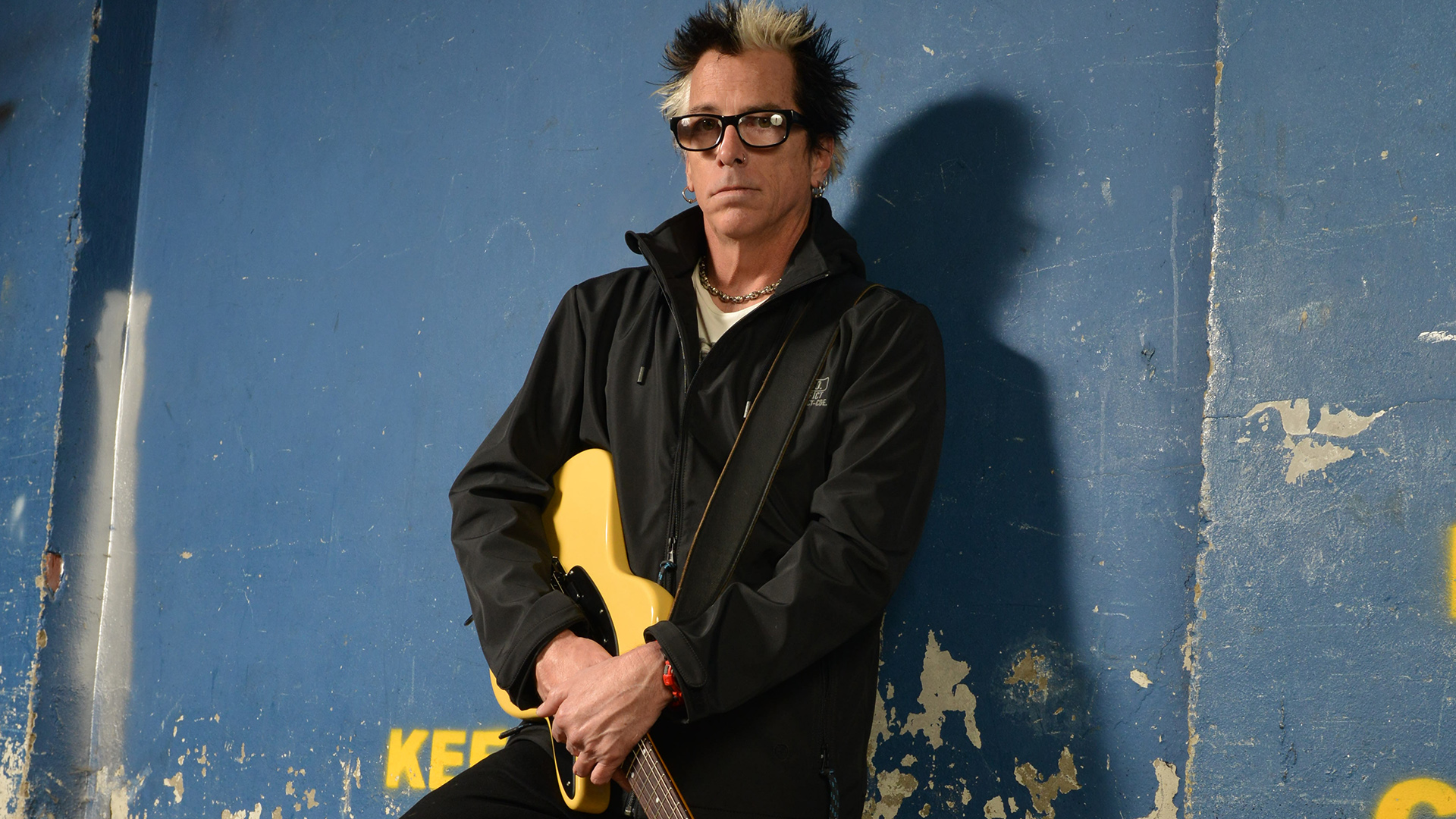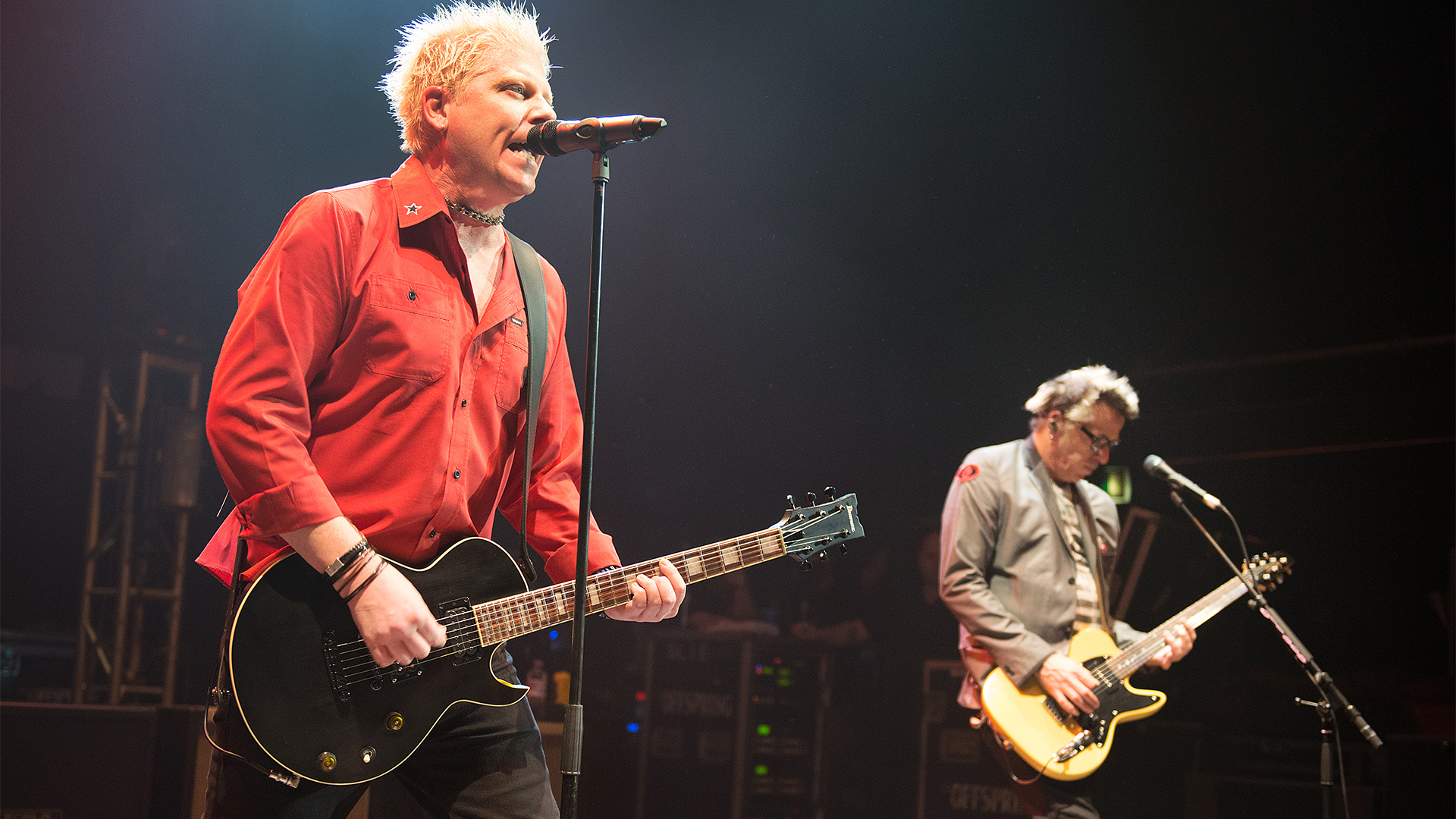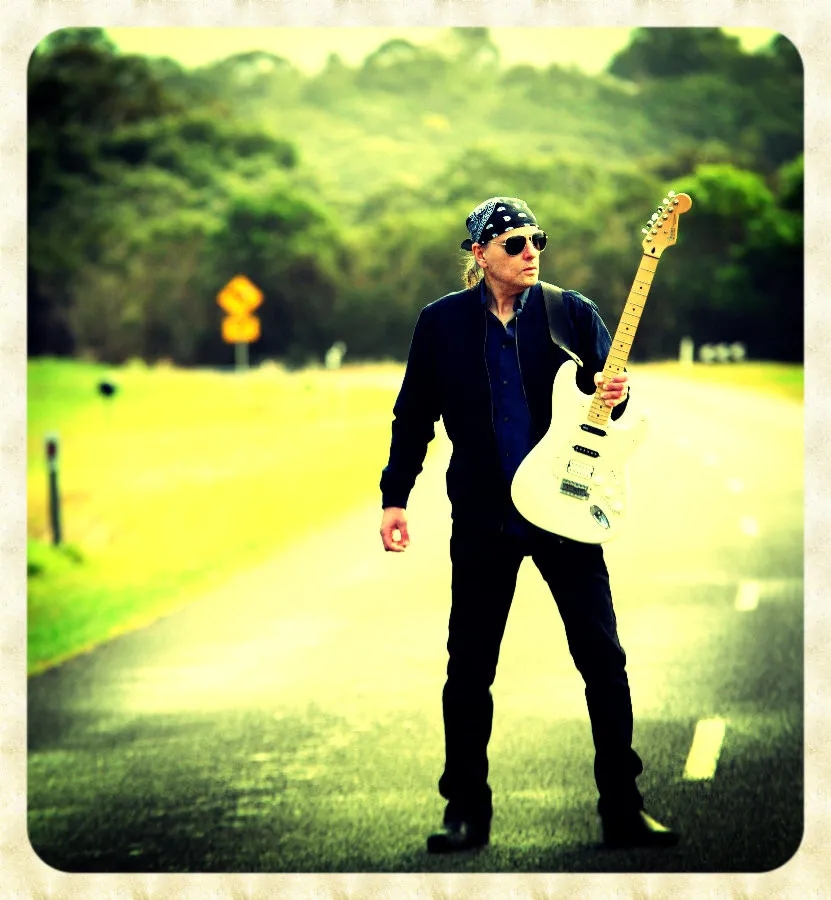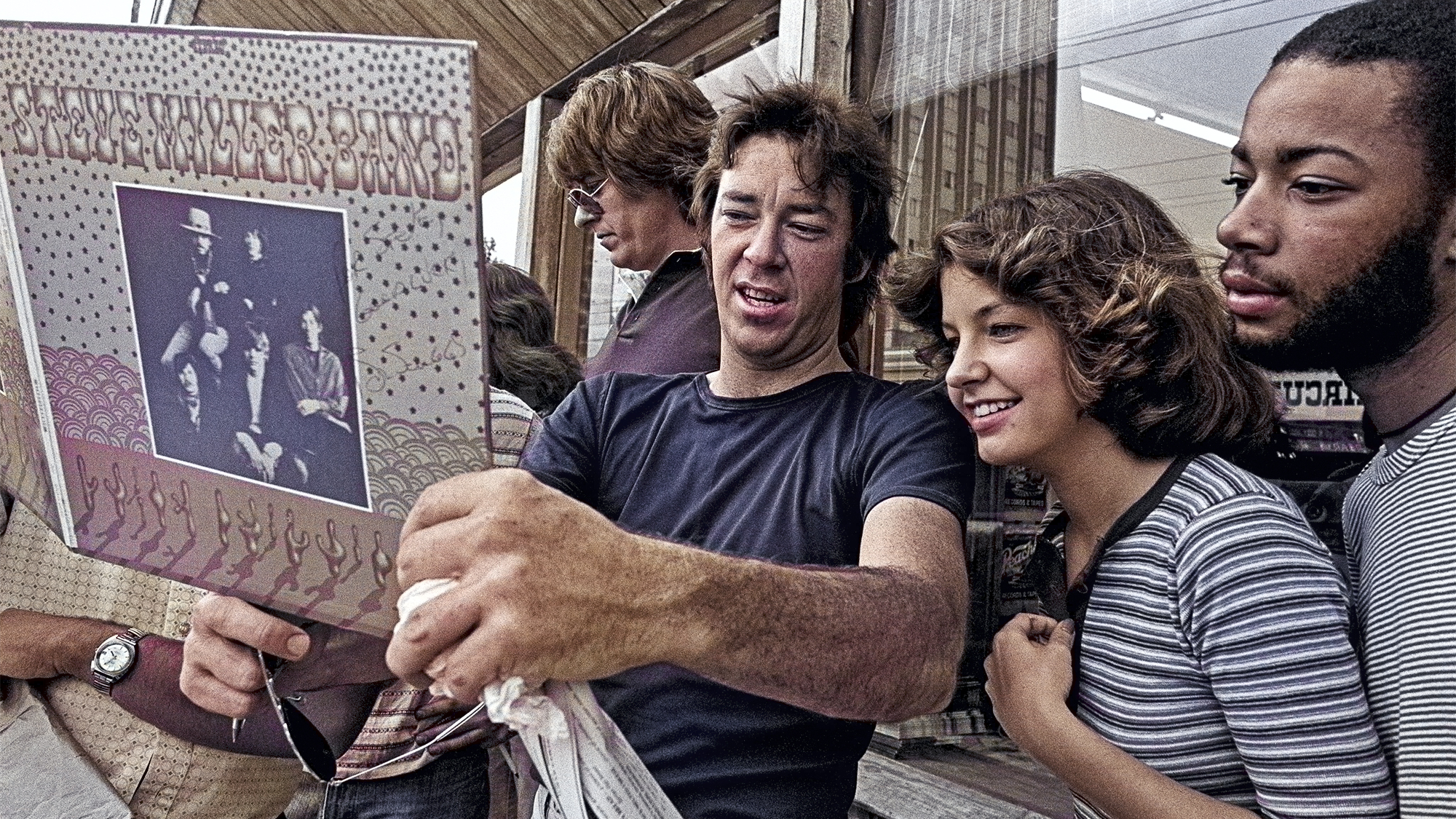“It was the first time we ever made money. We bought one Mesa/Boogie Mark IV and shared it between ourselves in the studio.” How the Offspring made the number-one indie-rock record of all time with two guitars and one amp
Noodles Wasserman reveals the story behind the group's 1994 hit "Come Out and Play"

“Thirty-years later, and we still have the number one independent rock record of all time,” says Noodles, the longtime lead guitarist of the Offspring, which he formed with rhythm guitarist Dexter Holland. Noodles is referring to the group’s third studio album, Smash, which was released in 1994 by independent label Epitaph Records and which has clocked up more than 11 million in sales thus far. Featuring the staple, “Come Out and Play” it solidified the Offspring’s standing within the punk-rock community, and opened the flood gates to punk-rock becoming a viable commercial option that saw major labels scrambling to sign the next punk-rock sensation.
“For us, it was important to stay independent through that whole cycle,” Noodles explains today. “Usually when a band starts to have the kind of success that we got with that record, they jump ship immediately and go to one of the majors that has a little bit more resources to put into promoting the band. But we wanted to pool our resources with Epitaph and see if we could take on the Goliaths of the world. And we did that throughout that whole cycle, and it felt kind of good. So, it feels like we have been the David's that had taken on the Goliaths of the world.”
Released as the lead single from the album, “Come Out and Play”, was pivotal in turning around the fortunes of the group. “That was the first song to take off, and we were still working that single when the album went platinum, and then we were able to follow it up with “Self Esteem”, which was just as big too,” recalls Noodles.
Powered by an exotic sounding electric guitar motif, “Come Out and Play” fuses together elements from surf rock and the sounds of the middle east. “We got that influence from Dick Dale as well as from a lot of the surf stuff from bands like Agent Orange,” reveals Noodles. “Dexter was always drawn towards that Middle Eastern kind of stuff. So, whenever there's a middle eastern sounding riff, that's definitely, and usually the influence of Dexter, as I am a little bit more The Stones bluesy kind of guitar riff guy.”
When it came to the songwriting process, Noodles recalls the song’s birth being the result of Holland’s daily commutes to the University of Southern California where he was undertaking studies in molecular biology. “Dexter would kind of be writing songs when he was driving to and from school,” he says. “He would be tapping out rhythms on his dashboard and singing melodies, and then we would all get together and learn them and that’s how 'Come Out and Play' came about.
"We couldn't afford studio time back then really, so we had to know everything we were going to play before we went in. And things always changed too, once we start laying things down to tape, we’d realize ‘oh, this isn't working the way we thought it would’. So, things would change, though the song and songs themselves were pretty much there.”
With the group struggling to stay afloat financially prior to recording Smash, they embarked on a tour which allowed them to pool their earnings into purchasing an amp for the recording sessions.
All the latest guitar news, interviews, lessons, reviews, deals and more, direct to your inbox!
“We had just got back from a tour with NOFX opening up for them in Europe, and where we actually made money,” recalls Noodles. “It was the first time we ever made money on a tour so, we took that money and we bought one amplifier. NOFX and Pennywise were using Mesa/Boogies and we really liked the sound of the Mesa/Boogie, so we bought one Mesa/Boogie Mark IV and just shared it between ourselves in the studio, playing our own guitars through it.”

Guitar wise, Noodles used a Gibson Sonex for the recording sessions. “It was just like a single cutaway Les Paul type guitar,” he remembers. “I did have an Epiphone Les Paul too, but I’d broken the neck off it. Just after we finished that record, I switched to an Ibanez, a guitar I've been playing ever since. Dexter played an Ibanez RG, though he also had an Aria — a cheap kind of knockoff guitar with humbuckers.”
“Come Out and Play” proved to be a popular favorite when it came for parodies, with several having been recorded over the years. The most popular of which has been “Laundry Day” by Weird Al Yankovic, and though was never recorded, became a staple of Yankovic’s live shows. “We actually asked him not to release it, but then a couple years later when he began performing it, we were flattered,” admits Noodles.
“At the time we just felt like, ‘oh, man, I don't know, it’s just not right for us right now’. We kind of felt like we're not big enough too. But looking back, we probably should have let him do it as it probably would've helped propel us more. But then a few years later when he did 'Pretty Fly for a Rabbi,' we jumped at that chance. We weren't so precious with our songs anymore, and we loved it.”
Joe Matera is an Italian-Australian guitarist and music journalist who has spent the past two decades interviewing a who's who of the rock and metal world and written for Guitar World, Total Guitar, Rolling Stone, Goldmine, Sound On Sound, Classic Rock, Metal Hammer and many others. He is also a recording and performing musician and solo artist who has toured Europe on a regular basis and released several well-received albums including instrumental guitar rock outings through various European labels. Roxy Music's Phil Manzanera has called him "a great guitarist who knows what an electric guitar should sound like and plays a fluid pleasing style of rock." He's the author of two books, Backstage Pass; The Grit and the Glamour and Louder Than Words: Beyond the Backstage Pass.


